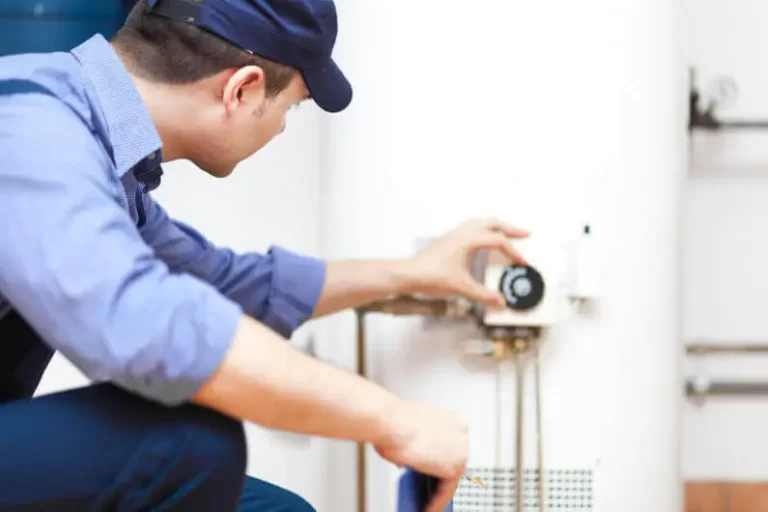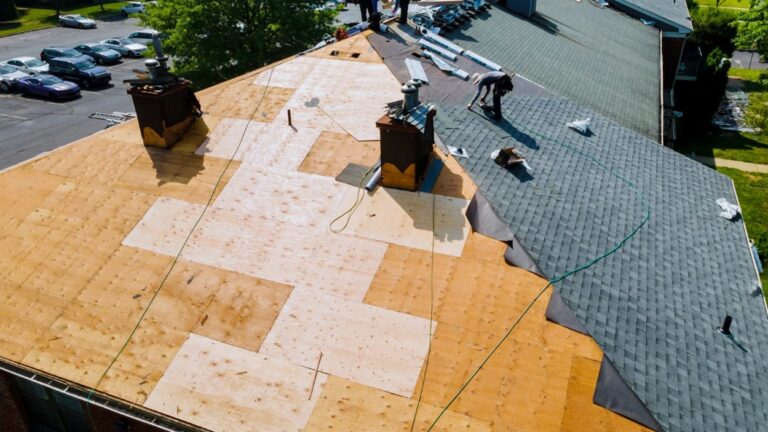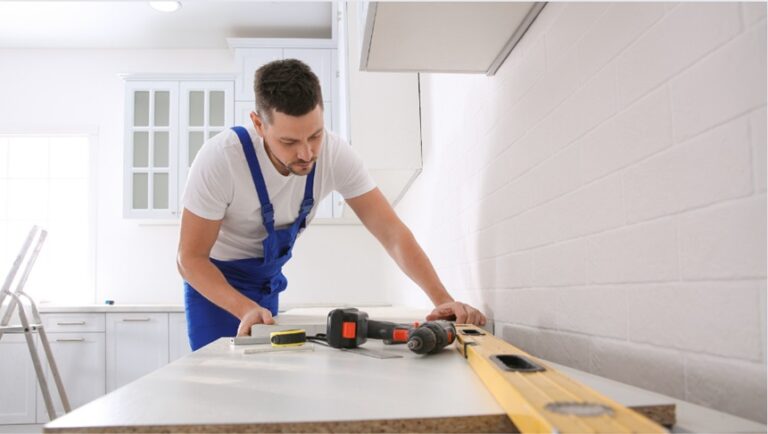When it comes to boosting your home’s resale value, few projects pack as much punch as a well-executed kitchen renovation. Homeowners in Roswell, Georgia, are increasingly turning to professional kitchen remodelers in Roswell to transform their culinary spaces into stunning showpieces that not only enhance daily living but also significantly increase property value. This comprehensive guide will explore how a thoughtful kitchen remodel can maximize your home’s appeal and financial worth in the competitive real estate market.
The Power of a Kitchen Makeover
The kitchen has long been considered the heart of the home, and its importance in modern living cannot be overstated. A beautifully renovated kitchen can single-handedly elevate the entire property, creating a lasting impression on potential buyers and setting your home apart from the competition. Let’s delve into the key aspects of kitchen renovation that can boost your home’s resale value.
Layout and Functionality
One of the primary considerations in any kitchen remodel is optimizing the layout for efficiency and flow. The classic work triangle – connecting the sink, stove, and refrigerator – remains a fundamental principle in kitchen design. However, modern kitchens often incorporate additional zones for food prep, baking, or entertaining. A well-planned layout not only enhances the cook’s experience but also showcases the kitchen’s potential to prospective buyers.
Consider incorporating an island or peninsula to create more counter space and storage. These additions can also serve as casual dining areas or workstations, adding versatility to the space. Open floor plans that connect the kitchen to living areas are particularly appealing in today’s market, fostering a sense of togetherness and making the space feel larger.
High-Quality Cabinetry and Countertops
Investing in high-quality cabinetry and countertops can dramatically elevate the aesthetic appeal and functionality of your kitchen. Choosing materials that are not only elegant but also capable of withstanding daily wear and tear is crucial. Quartz and granite are favored for their robustness and timeless beauty for countertops. When it comes to cabinetry, opting for solid wood with soft-close features signifies superior quality and meticulous attention to detail.
Opting for custom or semi-custom cabinetry enables tailored storage solutions that meet your unique needs. Innovative features, such as pull-out pantry shelves, integrated spice racks, and specialized appliance storage, can significantly enhance the kitchen’s organization and space efficiency, making it more appealing to potential buyers.
Energy-Efficient Appliances
Modern, energy-efficient appliances are a major selling point for eco-conscious buyers. Not only do they reduce utility costs, but they also contribute to a more sustainable lifestyle. Look for appliances with ENERGY STAR certification, which indicates superior energy efficiency. Stainless steel finishes continue to be a popular choice, offering a sleek, professional look that complements various design styles.
Consider incorporating smart appliances that can be controlled via smartphone or voice commands. These high-tech features can appeal to tech-savvy buyers and position your home as modern and forward-thinking.
Lighting: The Unsung Hero
Never underestimate the power of good lighting in a kitchen renovation. A well-lit kitchen not only enhances functionality but also creates an inviting atmosphere. Incorporate a layered lighting approach with ambient, task, and accent lighting. Pendant lights over an island or dining area can serve as both functional and decorative elements, while under-cabinet lighting illuminates work surfaces and adds a warm glow.
Natural light is also highly valued in kitchens. If possible, consider enlarging windows or adding a skylight to brighten the space naturally. This not only reduces the need for artificial lighting during the day but also creates a more open and airy feel.
Flooring That Stands Up to Scrutiny
In bustling spaces like the kitchen, selecting durable and appealing flooring is vital. Opt for materials such as porcelain tile, luxury vinyl plank, or moisture-resistant sealed hardwood. These choices not only promise durability but also ease of maintenance, making them ideal for high-traffic households. It’s important to choose a flooring option that not only enhances your kitchen’s aesthetic but also offers practical advantages such as slip resistance and comfort underfoot.
Balancing Cost and Value
While a kitchen renovation can significantly boost your home’s resale value, it’s essential to strike a balance between investment and potential return. Top questions to ask kitchen remodeling contractors should include maximizing value within your budget. Experienced professionals can guide you in making smart choices that offer the best return on investment.
According to recent industry reports, minor to midrange kitchen remodels tend to recoup a higher percentage of their cost than high-end, luxury renovations. Focus on improving features with broad appeal, rather than highly personalized or trendy choices that may only attract some buyers.
Working with Professional Kitchen Remodelers
Embarking on a kitchen renovation project can be overwhelming, which is why many homeowners choose to work with professional kitchen remodelers. These experts bring valuable experience, design insights, and project management skills to ensure your renovation is executed flawlessly.
When selecting a contractor, look for those with a strong portfolio of kitchen remodels and positive customer reviews. Ask for references and visit some of their completed projects. A reputable contractor will be transparent about costs, timelines, and potential challenges, helping you confidently navigate the renovation process.
The Impact on Resale Value
A well-executed kitchen renovation can yield a significant return on investment when it comes time to sell your home. According to real estate experts, kitchen remodels can recoup anywhere from 60% to 80% of their cost in increased home value, depending on the scope of the project and local market conditions.
Beyond the financial return, a beautifully renovated kitchen can also lead to a faster sale. In competitive real estate markets, homes with updated kitchens often receive more offers and spend less time on the market compared to those with outdated culinary spaces.
Looking to the Future
As you plan your kitchen renovation with an eye on resale value, it’s worth considering emerging trends and technologies that may become standard expectations in the coming years. For instance, the growing interest in smart home technology suggests that integrated kitchen systems – from connected appliances to voice-activated lighting and temperature controls – may become increasingly desirable features for future homebuyers.
Sustainability is another area of growing importance. Incorporating eco-friendly materials, water-saving fixtures, and energy-efficient systems not only appeals to environmentally conscious buyers but also positions your home as forward-thinking and responsible.
Conclusion
Enhancing your home’s resale value through kitchen renovation is a strategic investment that pays dividends in both personal enjoyment and financial return. By focusing on layout optimization, quality materials, energy efficiency, and thoughtful design, you can create a kitchen that not only meets your current needs but also captivates future buyers.
As you embark on your kitchen renovation journey, keep in mind that the goal is to create a space that is not only beautiful and functional but also universally appealing. By striking the right balance between personal taste and broad market appeal, you can ensure that your kitchen renovation significantly enhances your home’s resale value, setting the stage for a successful and profitable sale when the time comes.
For more insights on selecting the right professional for your project, consider reading about how to choose the right kitchen remodeling contractor for your project. The perfect team and strategy can elevate your kitchen renovation, turning your home into a coveted gem within the bustling Roswell real estate market.










